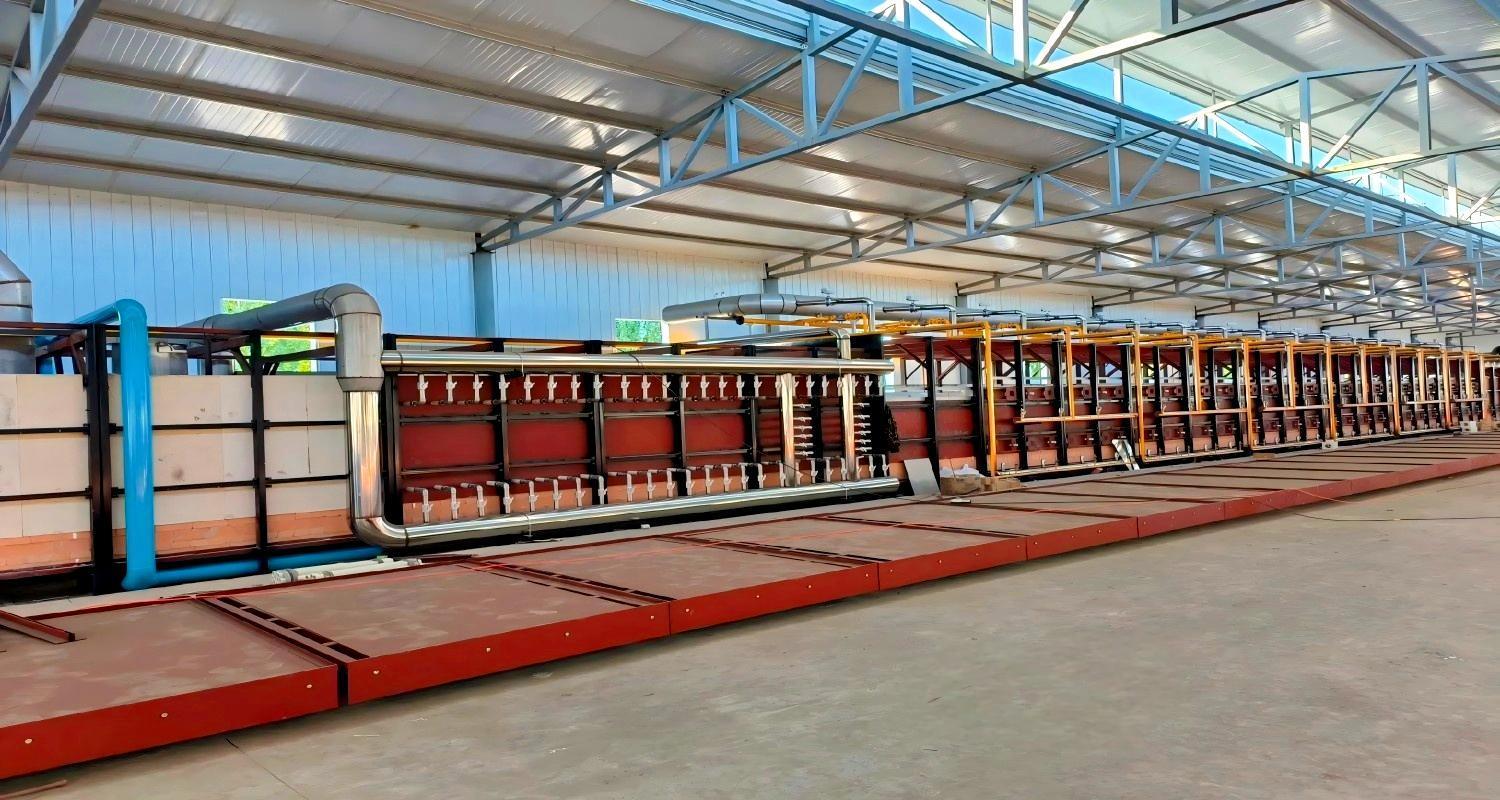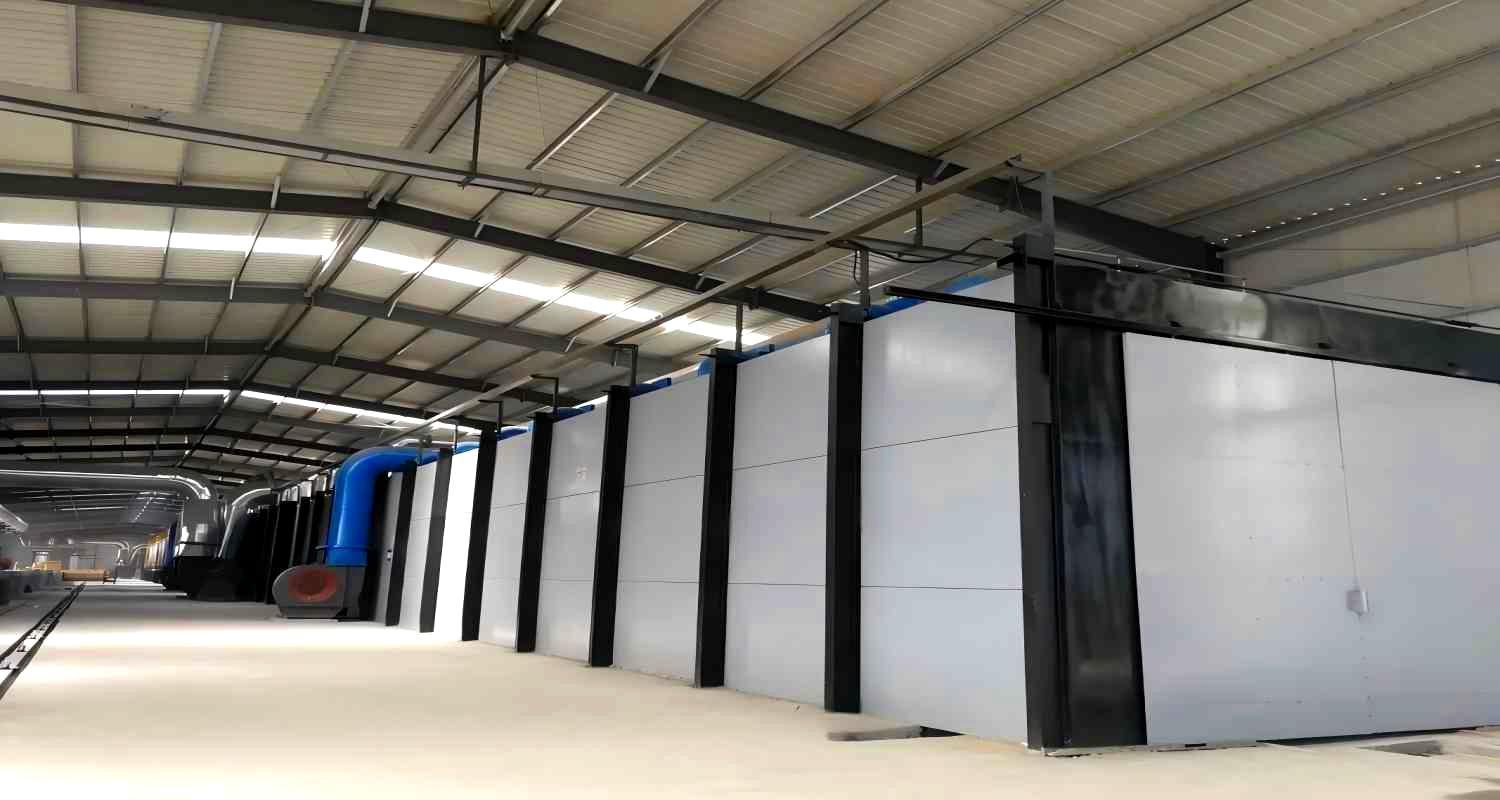Henan Yaxin Kiln Co., Ltd.
Understanding Tunnel Kilns: A Revolution in Industrial Furnace Technology
Sep 23,2025
Tunnel kilns are specialized types of furnaces that utilize a continuous firing process, making them highly efficient for producing ceramics, bricks, and various refractory materials. The design of a tunnel kiln consists of a long, narrow structure with a continuous flow of materials being loaded at one end and unloaded at the other. This setup allows for a consistent and controlled temperature environment, which is essential for the proper sintering of materials.
One of the primary advantages of tunnel kilns is their efficiency in energy consumption. Unlike traditional batch kilns, which require significant energy input for each firing cycle, tunnel kilns operate on a continuous basis. This means that once the kiln reaches the desired temperature, it can maintain that heat while new materials are continuously fed into the system. As a result, the overall energy cost per unit of product is reduced, making tunnel kilns a more sustainable option for manufacturers.
Moreover, the consistent firing conditions within a tunnel kiln lead to uniform product quality. The continuous movement of materials through the kiln ensures that every item experiences the same thermal conditions, minimizing variations and defects. This is especially important in industries where precision and quality control are paramount, such as in the production of refractory materials used in steelmaking.
Tunnel kilns are also known for their flexibility in operation. They can accommodate a variety of materials and firing profiles, allowing manufacturers to optimize the process for different types of products. This adaptability is crucial for businesses that need to respond quickly to market demands or produce a diverse range of items.
Another notable feature of tunnel kilns is their reduced environmental impact. Modern tunnel kilns often incorporate advanced technologies, such as regenerative burners and waste heat recovery systems, which further enhance energy efficiency and minimize emissions. This makes tunnel kilns an environmentally friendly choice for manufacturers looking to reduce their carbon footprint.
In conclusion, tunnel kilns play a vital role in the industrial sector, particularly in the fields of metallurgy and materials manufacturing. Their efficiency, ability to produce consistent quality, operational flexibility, and reduced environmental impact make them an attractive option for businesses. As industries continue to evolve and seek innovative ways to improve production processes, tunnel kilns are likely to remain a key component in the future of industrial furnace technology. Understanding the benefits and workings of tunnel kilns can empower manufacturers to make informed decisions that enhance their operational effectiveness and sustainability.
Contact Us
E-mail:
Phone:
Address:
Suixian Industrial Agglomeration Zone, Henan Province





